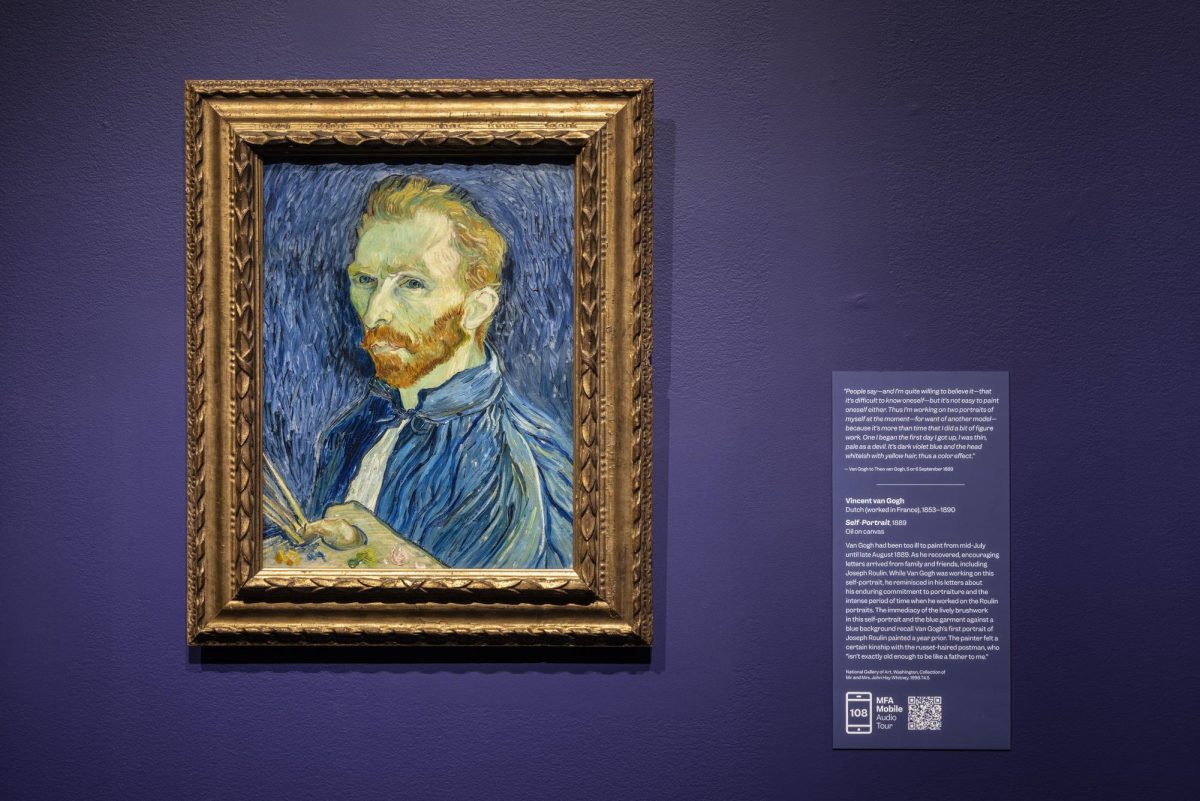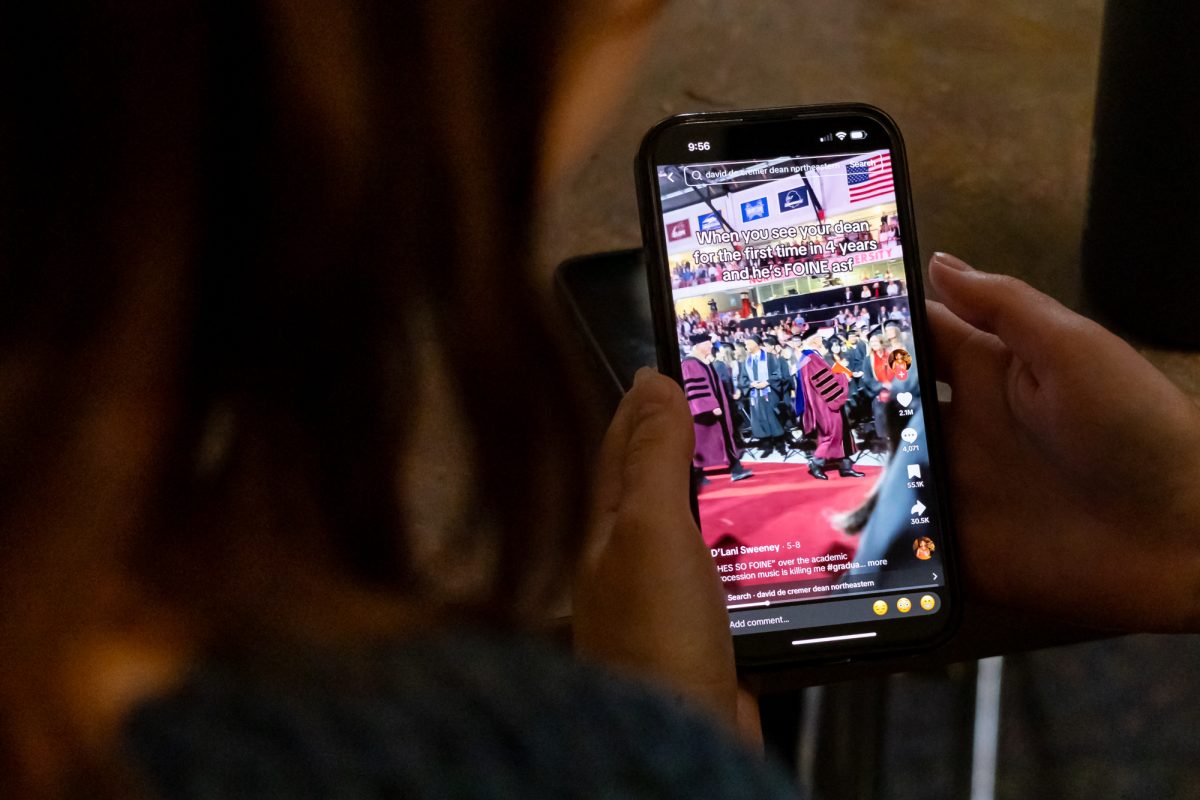By Connie E., arts & entertainment columnist
“I had never been outside Nigeria. We didn’t have snow, we ate mangoes and we never talked about the weather because there was no need to,” Nigerian writer Chimamanda Ngozi Adichie said in a 2009 TED talk. “My characters also drank a lot of ginger beer, because the characters in the British books I read drank ginger beer. Never mind that I had no idea what ginger beer was.”
The talk was about what happens when complex human beings and situations are reduced to a single narrative: When Africans, for example, are treated solely as pitiable, poor, starving victims with flies on their faces; when Adichie’s American roommate assumed her to be someone who doesn’t know how to use a stove; when the Western world approaches Africa with patronizing, well-meaning pity as the default position. However silly and outdated those stereotypes may seem to some people, they still exist in our society today, in this age of globalization.
Adichie’s story isn’t just hers alone. It holds true for me personally.
Her talk hit home for me because, as an international student, I’ve encountered countless comments and opinions that are less than thoughtful and informed. As individuals, we all have different identities that define us as who we are both on the inside and outside. Being foreign, being a female, being Asian—these identities are equally important to me, and without them, I wouldn’t be who I am. It is a belief I hold dearly that each individual life contains a heterogeneous compilation of stories. Reducing people to certain stereotypes and incomplete narratives is an act of dehumanization.
It is equally dangerous when one isn’t exposed to all the facets of a story. Growing up in China, the majority of what I learned in history class was the glorious past of ancient China, such as the Four Great Inventions and the victorious war against Japan. It wasn’t until I moved to the United Kingdom that I found out about the brutal actions–namely the Tiananmen Square massacre–taken by the Communist Party in order to consolidate power. I was filled with anger and disappointment about my own country and how patriotism is being taught through cherry-picked history textbooks.
Adichie’s story isn’t just hers alone. It holds true for countries.
My urge to refuse single-sided stories and think comprehensively continues to grow as my knowledge about international relations expands. While studying at the United Nations (UN) in Geneva this summer, I received predominantly skeptical comments about China’s growth, its future ambitions and its human rights record. There seemed to be an unbridgeable gap between the country that I grew up in and one that is portrayed by Western diplomats and media. How can I reconcile those two impressions for myself? I turned to Fu Cong, a Chinese ambassador at the UN, for answers.
“Many of those accusations are politically motivated in order to serve a country’s own need. Diplomacy is a zero-sum game a lot of the times,” he said.
Without trying to deny the facts, he made me realize that brutal consolidation of power isn’t exclusive to Chinese history. Many countries go through arduous struggles on the way to independence and freedom, America being no exception. A winner might be required when countries compete for national interests, but as citizens of the world, our generation needs to view things from multiple perspectives.
Adichie’s story isn’t just hers alone. It holds true for people who have fled totalitarianism and regained freedom in history.
Humans are storytelling animals, yet we are extremely impressionable and vulnerable in the face of a story. The recently released documentary “Vita Activa: The Spirit of Hannah Arendt” articulates the danger of single-storyism by examining the life of the German-Jewish philosopher, whose experiences growing up under the shadow of German fascism fundamentally shaped her intellectual career. Fleeing to France as a political refugee, she was someone who refused to accept a single-sided racist narrative carved out by the Nazis and lived by the philosophy of “Vita Activa”, meaning “thinking is action,” for her entire life.
Whether it’s for an individual or a nation, for the past or present, stories matter. To borrow Adichie’s words again, “Stories have been used to dispossess and to malign, but stories can also be used to empower and to humanize. Stories can break the dignity of a people, but stories can also repair that broken dignity.”















